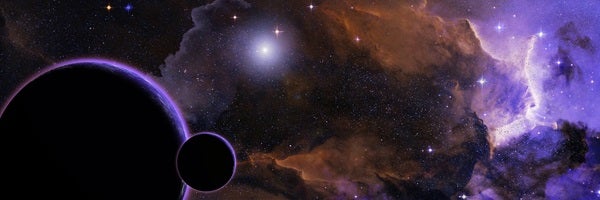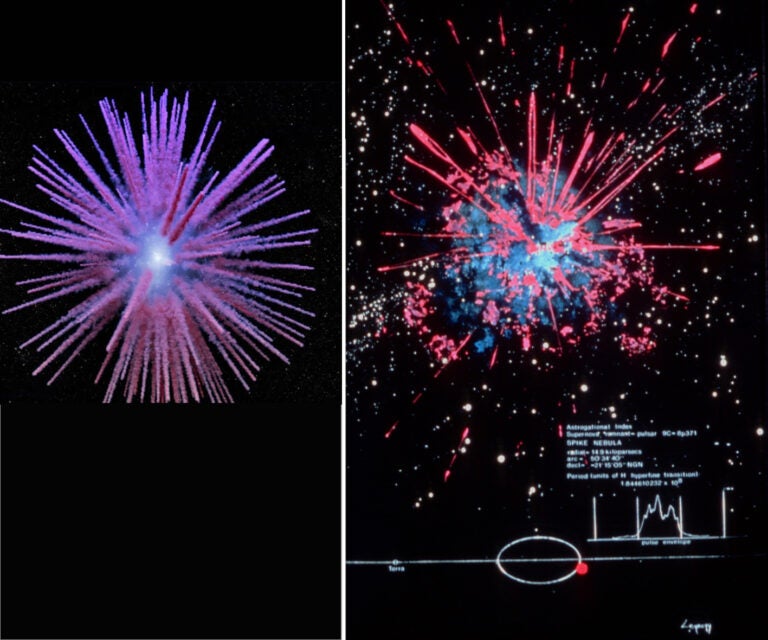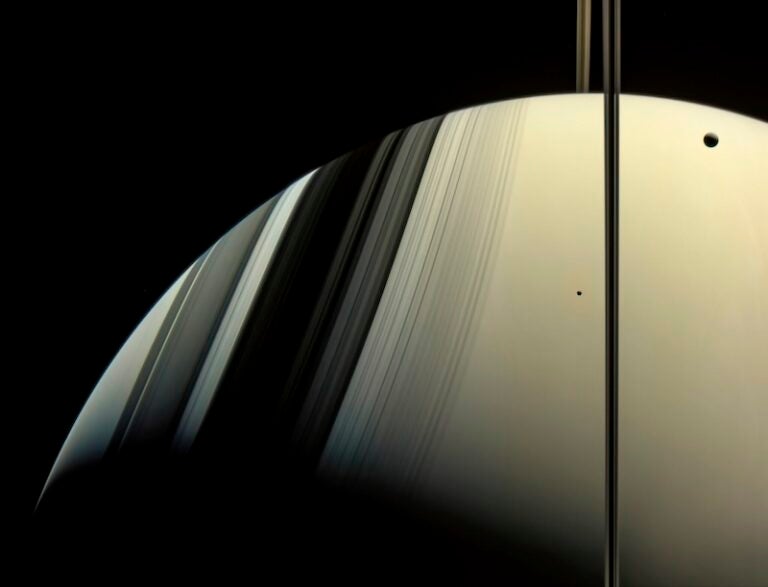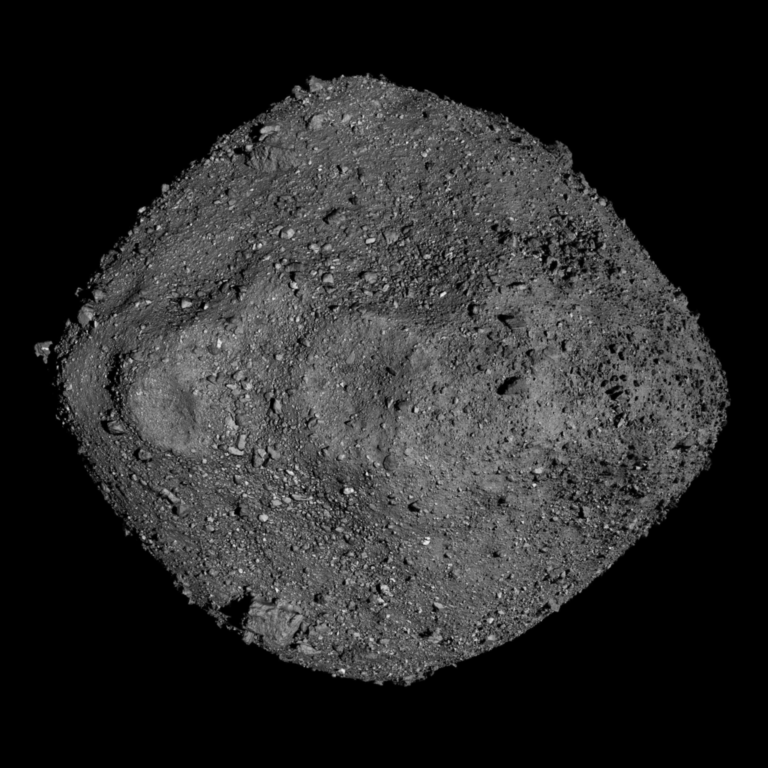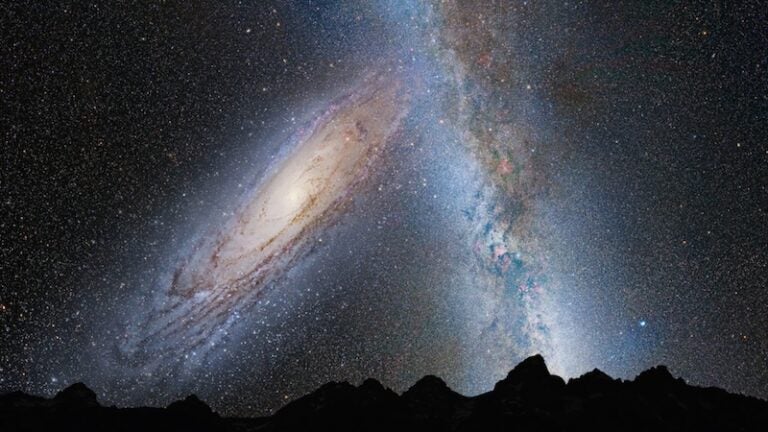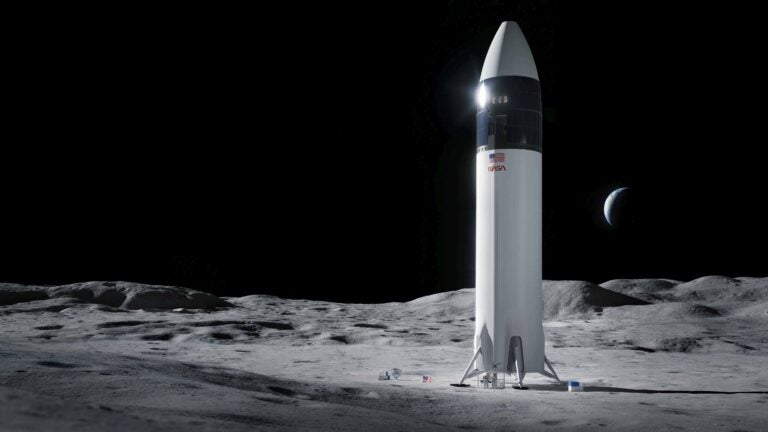It appears a parallel evolution is occurring in both space science and the music of today’s Star Trek. As the James Webb Space Telescope delivers never-before-seen images that elicit a deeper emotional connection between humans and the cosmos, television’s newest Star Trek series seek to draw out much deeper relationships between its music and the lives of its characters. And through this new musical bridge, viewers themselves can be better transported to the realm of the stars.
The evolution of Star Trek’s scores
Star Trek is a billion-dollar franchise because of the convergence of a million small details: superb writing, impeccable casting, talented technicians, and stellar music that make it worthy of this stratospheric status. As the former Senior Vice President of music for Paramount Pictures Television, I had the privilege to be involved in coordinating the myriad elements that combined to deliver music for each episode of Star Trek: The Next Generation, Deep Space Nine, Voyager, and Enterprise. The music budget for one season of each of these series was over $1,000,000 and while that may sound like a lot, it isn’t when you’re compensating 50-plus live musicians, composers, recording engineers, copyists, and contractors, as well as covering studio costs and a host of other related expenses per episode.
Music is always meticulously considered, and the producers continue to take great care in making sure it integrates perfectly into the fabric of the show. Although the musical approaches have changed over the decades, the process has always begun with a “spotting session.” This is where the director and/or producer and composer watch the episode, devoid of any music, and decide when it will start and stop. This is also where discussions take place about what should happen compositionally to enhance the viewers’ experience of a world in our distant future.
The most prolific composer to date in the Star Trek universe is Dennis McCarthy. Enamored with the stars at a young age, he merged his imagination with inspiration from Igor Stravinsky and Aaron Copeland to write music for more than 270 episodes over 4 consecutive series and the 1994 feature film Star Trek: Generations. McCarthy shared with me his impression of the evolution music has taken from the original series that premiered in 1966: “I’d say the music back then had lots of character and was very quirky, which was the opposite of what was wanted when we started Star Trek: The Next Generation,” he says. For the later show, “the producers didn’t want anything that would manipulate your emotions or bring attention to the music.” Consequently, elements such as the use of solo instruments or distinct sounds like a snare drum, bells, or noticeable crescendos were unwelcome. The resulting soundtrack is referred to in the music industry as musical wallpaper and did not go unnoticed by Star Trek fans, who were vocal in their desire for music with more feeling.
McCarthy recalls that as the years progressed, “increased harmonies and melodies, plus orchestration techniques introducing synthesizers, were gradually added to underscore more of the expressive moments.” After all, both space and the stories of Star Trek are inspiring, and the right music can enhance that inspiration for the viewers. The addition of synthesizers to augment orchestral sounds also provided a greater tonal palate to avoid frequencies in which the actors spoke, thus allowing the music to gain more presence.
When asked what approach McCarthy would take when given images of the expansiveness of space, there was no hesitation — he says his first choice is to utilize the entire orchestra, with an emphasis on his love of french horns.
A new connection
Enterprise ended in 2005 and 12 years later, Star Trek: Discovery entered the live-action television Star Trek legacy, followed by Picard and Strange New Worlds. It also ushered in the next generation of composers to carry on the tradition of musical excellence.
Jeff Russo beamed onto the Star Trek landscape with his unique musical approach to act as theme & underscore composer and score supervisor for the current productions. He comments that his scores are written “to move the music forward into the future of the franchise.”
A fan of the original 1960s series and Star Trek: The Next Generation, he employs modern scoring techniques with synthetic sounds with much more control and in technical ways not previously available to prior series. While synthesizers were frequently used through the 1990s and early 2000s, there were electronic and sonic limitations that have significantly evaporated in recent years, allowing composers to freely choose between live musicians, synthesizers, or the seamless blend of both.
“We’ve made a lot of turns since the music of the 1960s Star Trek, by taking a more modern film score approach while still retaining classical instrumentation,” Russo explains. Both McCarthy and Russo agree that what the original series created was considered cutting edge and while we now hear some of it as almost comical, the approach to the musical underscore was as new as was the series concept.
Contrary to the older Star Trek incarnations, Russo has no restrictions on his instrument choices and has been given free reign by the producers to pay judicious homage, or a “nod” as he calls it, to the iconic themes of the past. Russo concurs with McCarthy in that the scores beginning with Star Trek: The Next Generation were intended to provide restrained background music and both composers acknowledge that as the years unfolded, more of an emotional connection between the music and the characters emerged.
Russo says that today’s Star Trek music now scores using “full voice and full-throated music in the same ways that prestige film and television are scored.” He strives to score what the characters are feeling versus what they are doing, in the way that modern film composers such as the late Jerry Goldsmith (for whose works Russo has the greatest admiration) composed film music. “It’s all about having empathy for the characters and their stories and translating emotions into music to support the vision of the show’s creators,” he says. And that vision, in turn, helps to inspire all of us to look out at the stars with wonder and dream of the world of tomorrow.
May the music live long and prosper!

